References
Sherin, J. E., & Nemeroff, C. B. (2011). Post-traumatic stress disorder: The neurobiological impact of psychological trauma. Dialogues in Clinical Neuroscience, 13(3), 263–278.
Olff, M., Langeland, W., & Gersons, B. P. R. (2005). Effects of appraisal and coping on the neuroendocrine response to extreme stress. Neuroscience and Biobehavioral Reviews, 29(3), 457–467. https://doi.org/10.1016/j.neubiorev.2004.12.006
Howard, S., & Crandall, M. (2007). Post Traumatic Stress Disorder What Happens in the Brain? US Naval Observatory, 1–18. Retrieved from http://www.paddnn.com/uploads/Paddnn_Robin_handout_1.pdf
Head, K. A., & Kelly, G. S. (2009). Nutrients and botanicals for treatment of stress: Adrenal fatigue, neurotransmitter imbalance, anxiety, and restless sleep. Alternative Medicine Review, 14(2), 114–140.
Benjet, C., Bromet, E., Karam, E. G., Kessler, R. C., Mclaughlin, K. A., Ruscio, A. M., … Koenen, K. C. (2016). The overall rate of trauma exposure does not appear to be higher among women. Psychological Medicine, 46(2), 327–343. https://doi.org/10.1017/S0033291715001981.The
Kilpatrick, D. G., Resnick, H. S., Milanak, M. E., Miller, M. W., Keyes, katherine M., & Friedman, M. J. (2013). Prevalence Using DSM-IV and DSM-5 Criteria. J Trauma Stress, 26(5), 537–547. https://doi.org/10.1002/jts.21848.National
Serefko, A., Szopa, A., Wlaź, P., Nowak, G., Radziwoń-Zaleska, M., Skalski, M., & Poleszak, E. (2013). Magnesium in depression. Pharmacological Reports, 65(3), 547–554. https://doi.org/10.1016/S1734-1140(13)71032-6
Young, S. N. (1983). Metabolism in the Nervous System. Metabolism in the Nervous System, (July 1983). https://doi.org/10.1007/978-1-4684-4367-7
Howard, B. M., Kornblith, L. Z., Christie, S. A., Conroy, A. S., Nelson, M. F., Campion, E. M., … Cohen, M. J. (2017). Characterizing the gut microbiome in trauma: Significant changes in microbial diversity occur early after severe injury. Trauma Surgery and Acute Care Open, 2(1), 1–6. https://doi.org/10.1136/tsaco-2017-000108
Dowd, D. A. (2010). Neurology and Trauma : Impact and Implications.
Levin, B. L., & Hanson, A. (2020). Rural Behavioral Health Services. Foundations of Behavioral Health, 301–319. https://doi.org/10.1007/978-3-030-18435-3_14
Cho, I., & Blaser, M. J. (2012). The human microbiome : at the interface of health and disease, 13(April). https://doi.org/10.1038/nrg3182
Cryan, J. F., & Dinan, T. G. (2012). Mind-altering microorganisms: the impact of the gut microbiota on brain and behaviour. Nature Reviews Neuroscience, 13(10), 701–712. https://doi.org/10.1038/nrn3346
Matosin, N., Cruceanu, C., & Binder, E. B. (2017). Preclinical and Clinical Evidence of DNA Methylation Changes in Response to Trauma and Chronic Stress. Chronic Stress, 1, 247054701771076. https://doi.org/10.1177/2470547017710764
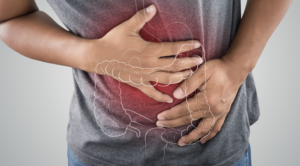

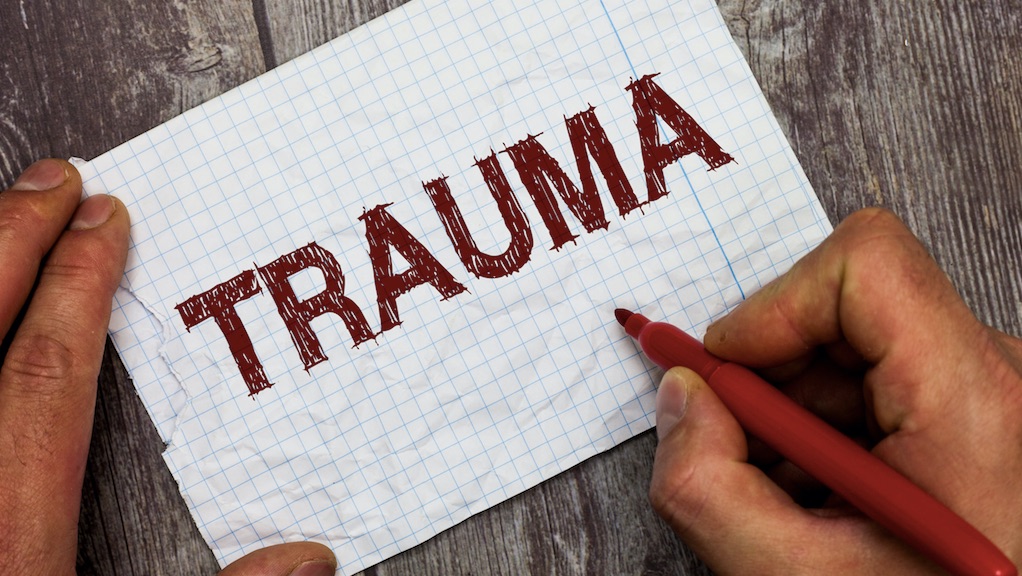
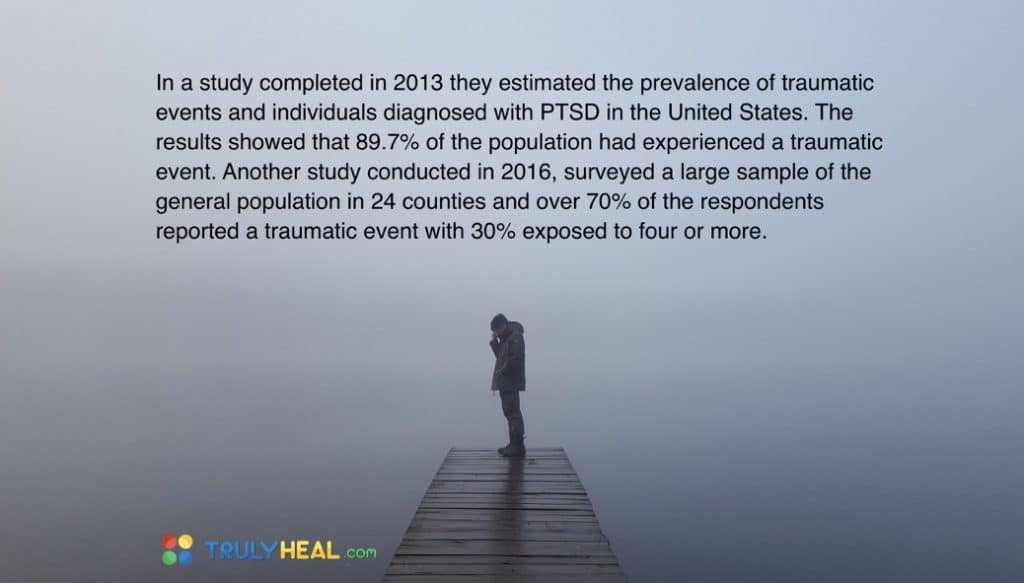
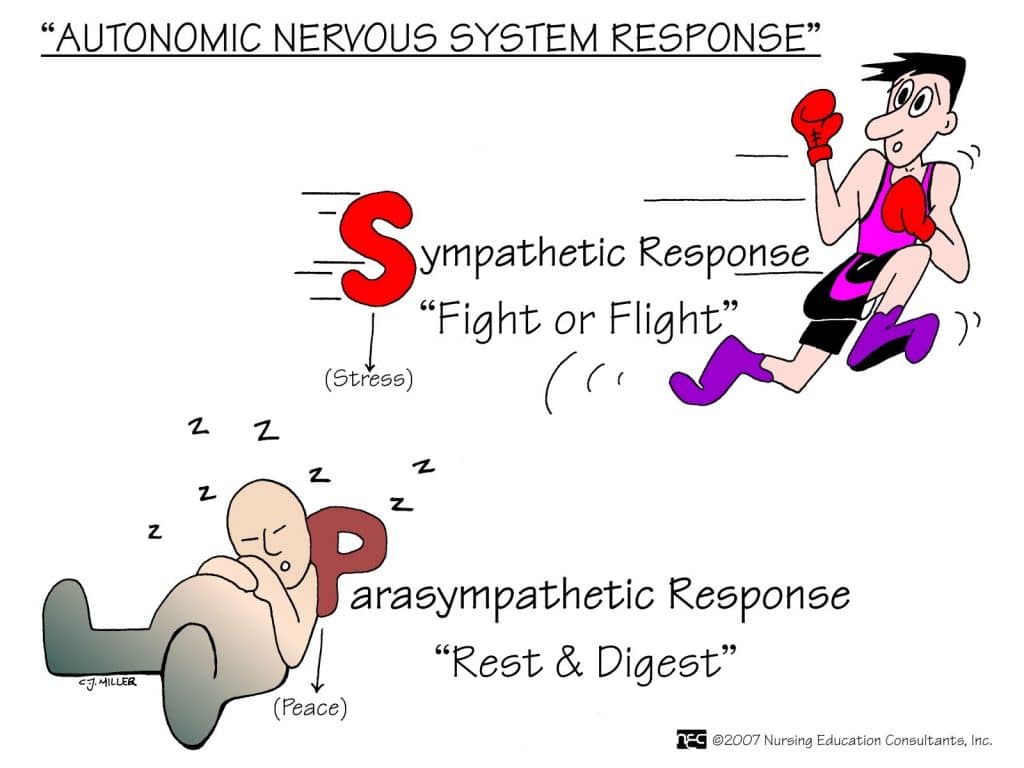
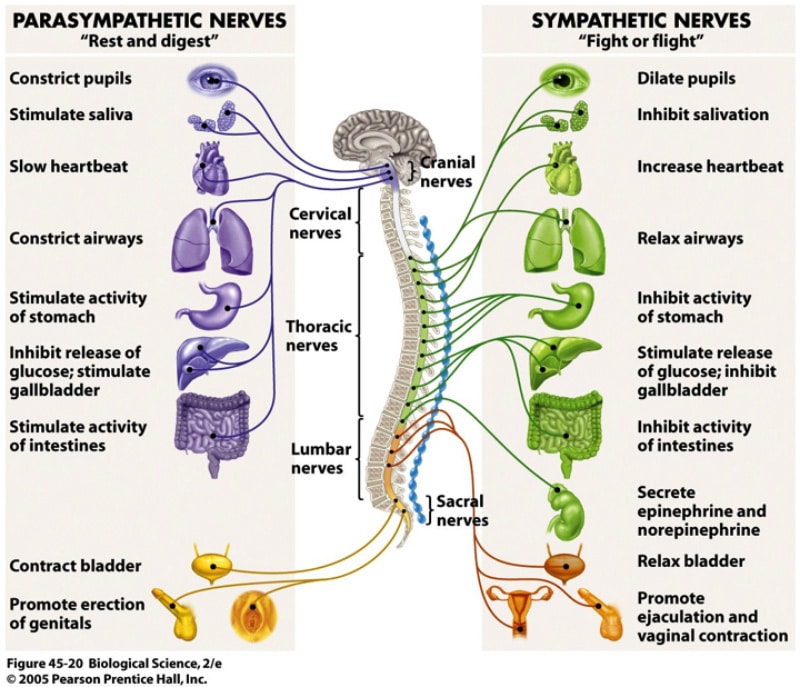
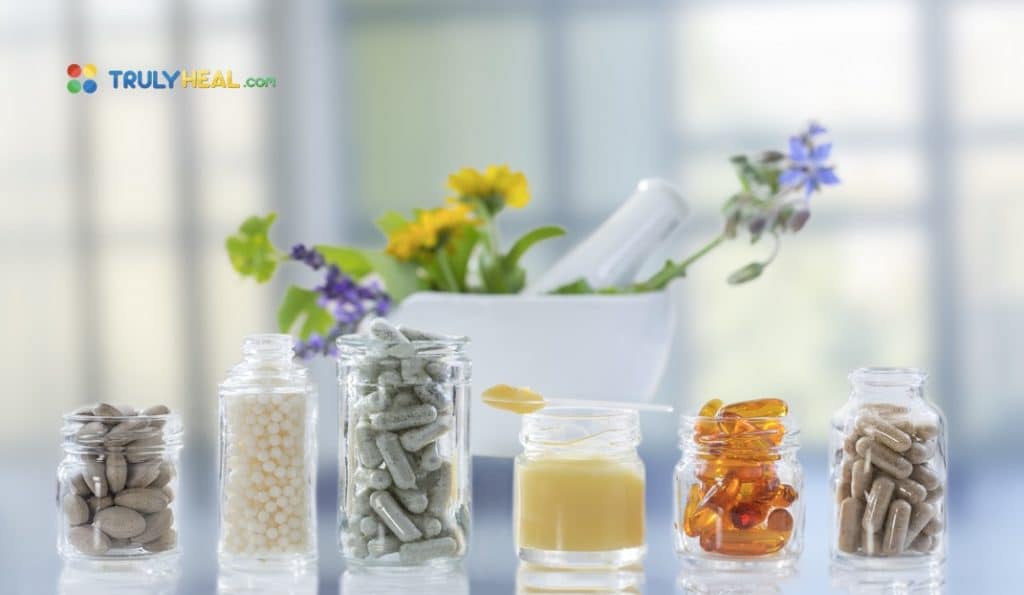

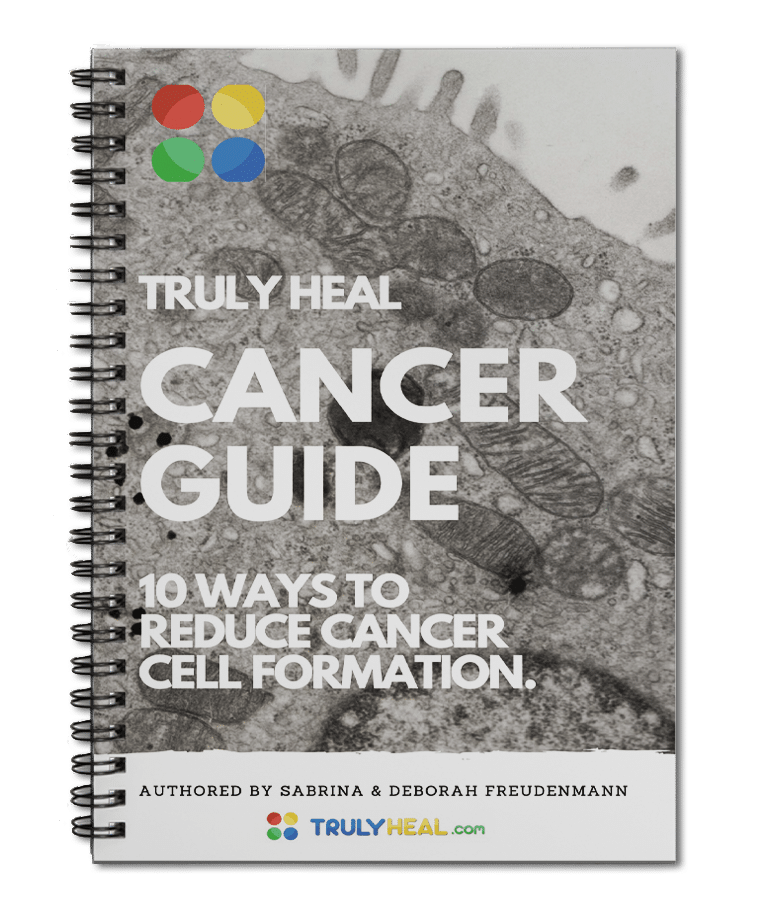
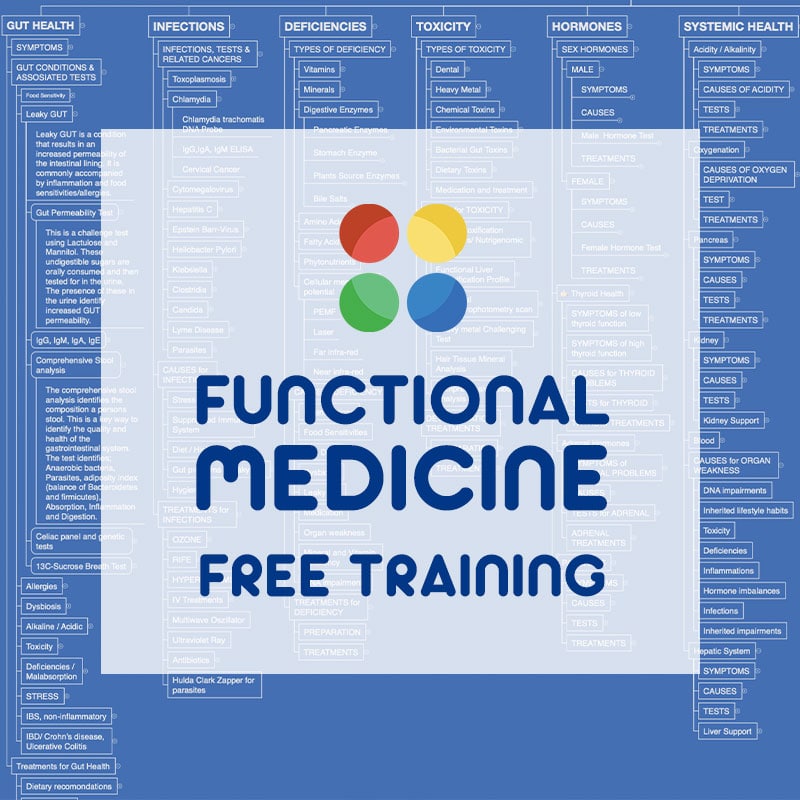
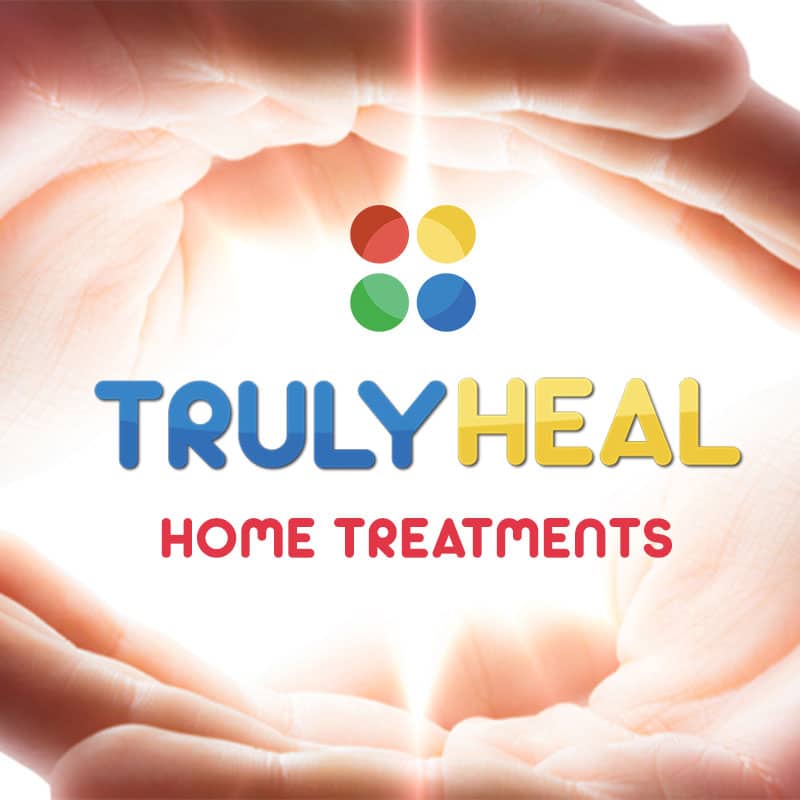

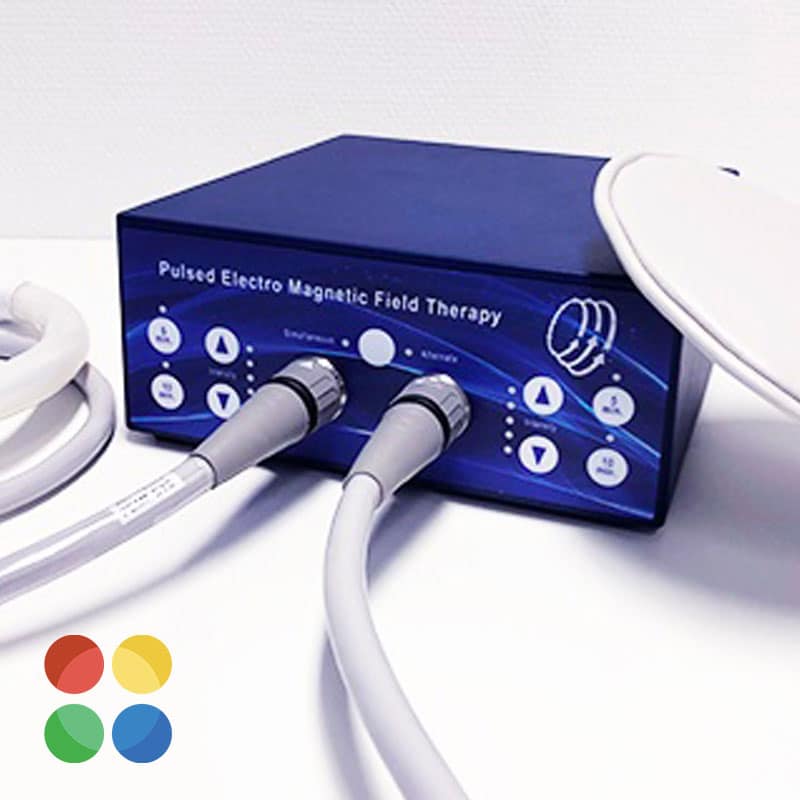

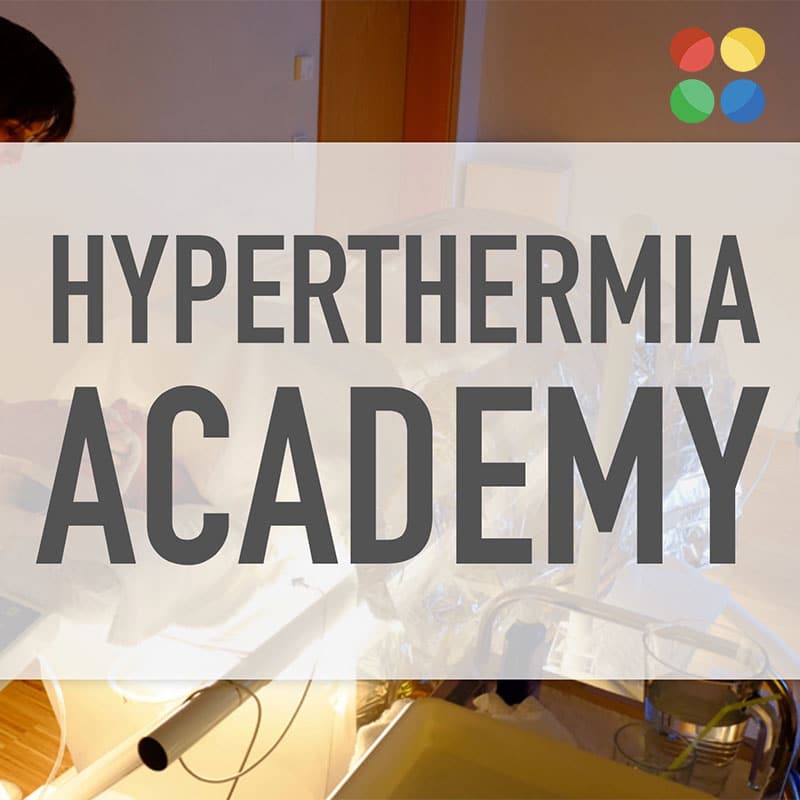


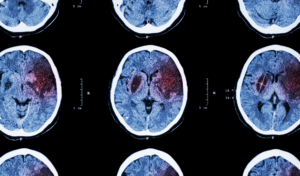
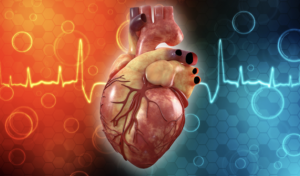
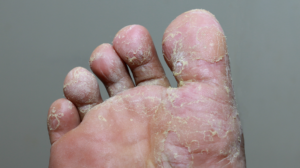

4 Responses
Hello Marcus and Deborah – on behalf of Dr. Connealy and her entire team we wanted to send you this note. We want Marcus to know we wish him well wishes at this time. His contributions are second to none when it comes to education. Please give him our best and we hope that you can update us of his progress to recovery.
Hello Dr. Connealy and Team, thank you kindly for the best wishes and thoughts! We wholeheartedly appreciate it and shall pass them on to Marcus. Any updates will be made via our newsletter once we have more information. Hope you are all well. Warmest regards
Marcus and Deborah, you have made such and incredible contribution to health education to so many, myself included. I want to thank you and send my well wishes and prayers to you for your healing journey. Bless you and lifting you up at this challenging time. You are deeply loved and appreciated.
Thank you so much for your good wishes. They are received with gratitude.